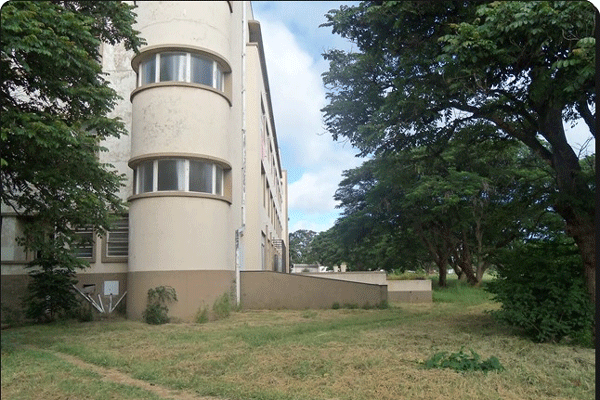
UNITED Bulawayo Hospitals (UBH) has indefinitely suspended all elective surgeries owing to a stock-out of drugs. After Harare Central Hospital, this brings to two the number of central hospitals that had to stop such surgeries, in a country with a high disease burden and just four central hospitals for a population of 13 million people.
The latest development deals a blow to the enjoyment of the right to health by thousands of predominantly poor people serviced by the government hospitals.
UBH clinical director, Narcaciuous Dzvanga, confirmed the decision on Friday in a memo to all surgeons and other key hospital staff.
“Please be advised that hospitals are facing challenges in obtaining pethidine. This is a shortage in the country not just at United Bulawayo Hospitals.
“As such, all elective cases are suspended with effect from October 14, 2016 until further notice,” he said.
Pethidine is a sedative drug, which equivalents morphine and is critical, in the emergency departments, as well as post-surgery for easing pain.
Zimbabwe’s health sector hit its lowest ebb during the hyperinflationary environment of 2008. Although the situation improved during the Government of National Unity, the sector is now showing signs of distress owing to limited funding.
- Chamisa under fire over US$120K donation
- Mavhunga puts DeMbare into Chibuku quarterfinals
- Pension funds bet on Cabora Bassa oilfields
- Councils defy govt fire tender directive
Keep Reading
Staff morale at government hospitals and health facilities is also low, as treasury struggles to pay salaries for public sector workers due to an economic crisis that has lasted more than a decade.
Public hospitals used to receive government grants, but, off-late, the State has been failing to even pay for services provided to people on social welfare.
Added to the declining financial support from government, is the problem of most patients failing to pay for treatment, with most Zimbabweans now living on the poverty line after unemployment rocketed to more than 80%.
When Harare Hospital first suspended surgeries, health ministry permanent secretary, Gerald Gwinji chose to down-play the drug stock-out at the facility, blaming it on an “administrative glitch”.
“At Harare Central Hospital, it was more of an administrative glitch in terms of putting together the resources and getting those essential that were mentioned in the memorandum for theatre and post-operative care,” he said.
However, Health minister, David Parirenyatwa is on-record lamenting poor government funding for the sector, which has left the country receiving 92% of essential drugs from external donors.
Parirenyatwa has consistently warned that the dire state of the health sector represents a national security risk.











